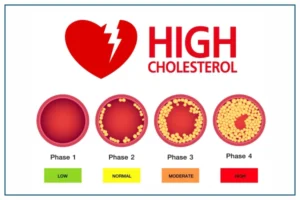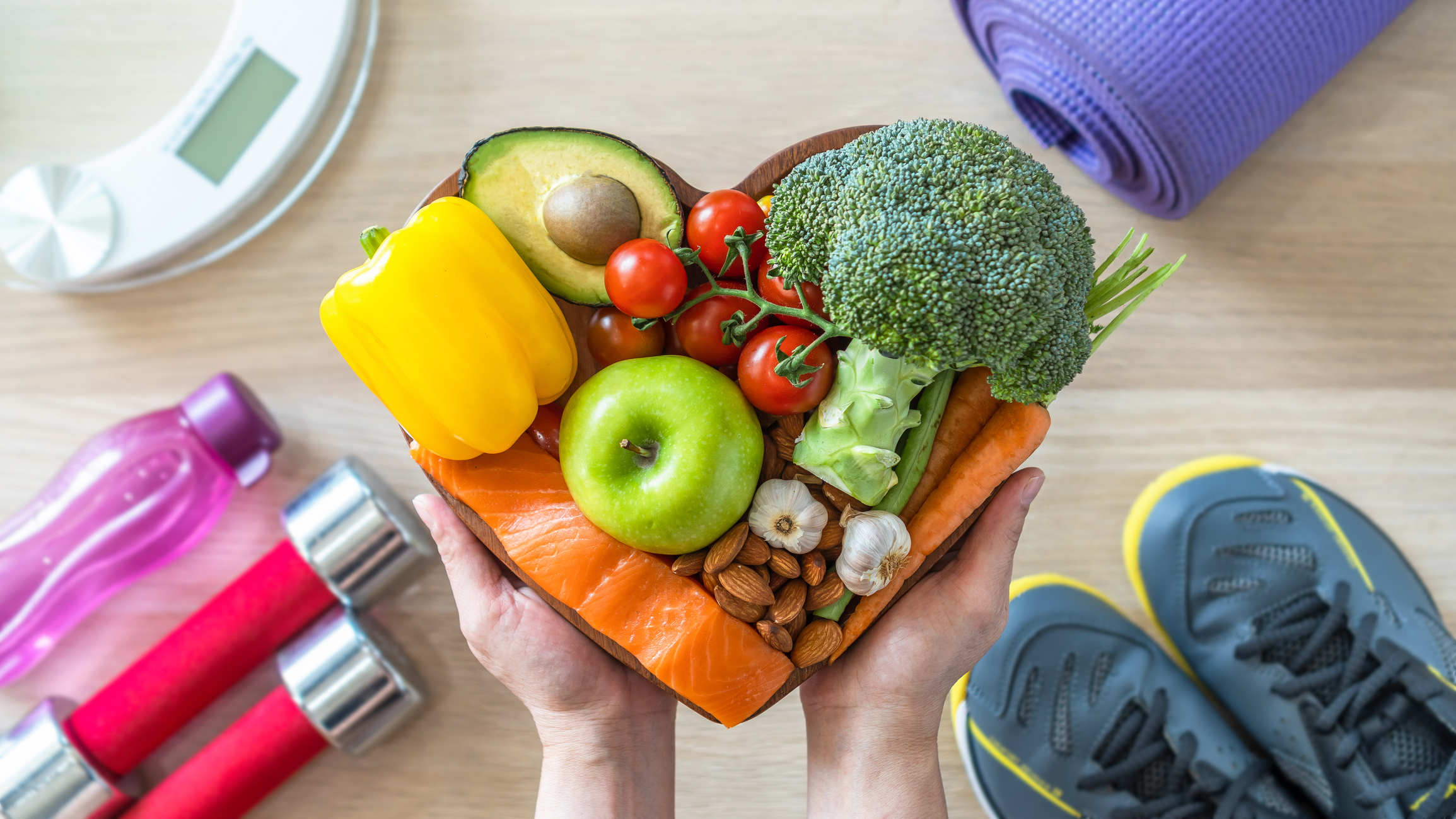High Cholesterol: High cholesterol means wax-like build up in our arteries which later leads to heart problems and other health problems. Given the sedentary lifestyle. This has become a common problem now. There are no direct symptoms of high cholesterol, so it becomes even more dangerous. Winter can be a challenging time for people with high cholesterol. Winter is warm and comfortable. But it also has health implications like bad cholesterol, diabetes, high blood pressure etc. and is not that healthy for heart health.
Cholesterol is divided into two categories. Good cholesterol and bad cholesterol. Low-density lipoprotein (LDL) is the “bad” unhealthy type of cholesterol. LDL cholesterol can accumulate in your arteries and form fatty, waxy deposits called plaque. High-density lipoprotein (HDL) is the “good” healthy type of cholesterol. It transports excess cholesterol from your arteries to your liver. Which removes it from your body.

Why does bad cholesterol increase in winter?
Consumption of unhealthy foods often increases during cold weather. Physical activity is reduced and drug absorption is altered. These factors can contribute to increased cholesterol levels and increase the risk of cardiovascular complications.
High Cholesterol: Tips to Lower LDL Levels: –
Maintain a healthy diet. Focus on whole, unprocessed foods. Choose whole grains, fruits, vegetables, lean proteins and healthy fats like olive oil and avocado. These foods are rich in nutrients and fiber. Which can help in reducing cholesterol levels.
- Limit saturated and trans fats: These unhealthy fats can increase cholesterol levels. Avoid fried foods, processed meats and sugary drinks.
- Include cholesterol-lowering foods: Oats, barley, beans and nuts contain soluble fiber. Which help in binding cholesterol and removing it from the body.
- Stay active: Regular physical activity is important for managing high cholesterol. Aim for at least 30 minutes of moderate intensity exercise most days of the week. You can also divide it into small activities throughout the day.
- Get enough vitamin D: Vitamin D plays an important role in overall health, including cardiovascular health. During winter, when exposure to sunlight is limited. So it’s important to get enough vitamin D from supplements or fortified foods like milk and cereals.

- Manage stress: Stress can have a negative impact on cholesterol levels. Yoga to keep stress levels under control. Practice stress reduction techniques like meditation or deep breathing.
- Stay hydrated: Drinking plenty of water is essential for overall health and can help control blood pressure and cholesterol. Level: Aim to drink eight glasses of water per day. Even if you don’t feel thirsty.
- Get enough sleep: Aim to get 7-8 hours of sleep every night. Lack of sleep can contribute to increased stress and unhealthy food choices. Both of these can have a negative effect on cholesterol levels.
- Limit alcohol intake: Alcohol can increase cholesterol levels. Limit your alcohol intake to no more than one drink per day for women and two drinks per day for men.
Adopting these lifestyle changes can help reduce the symptoms of high cholesterol and protect the heart from further cardiovascular problems. Keep yourself warm and enjoy a healthy winter.

